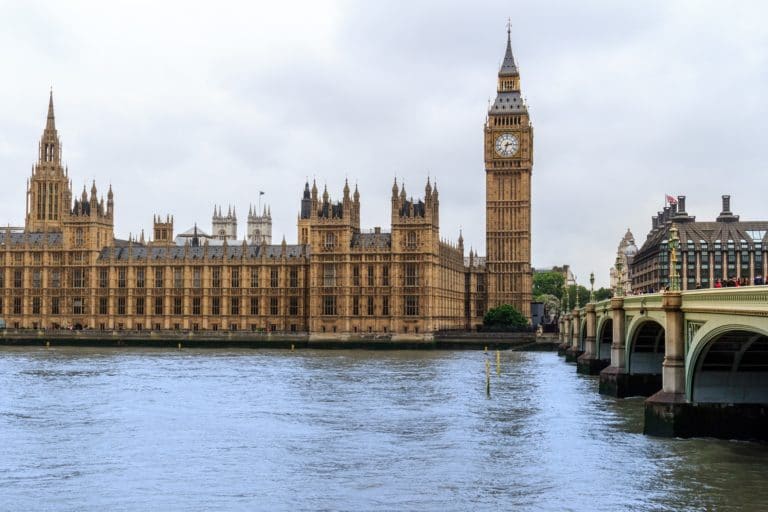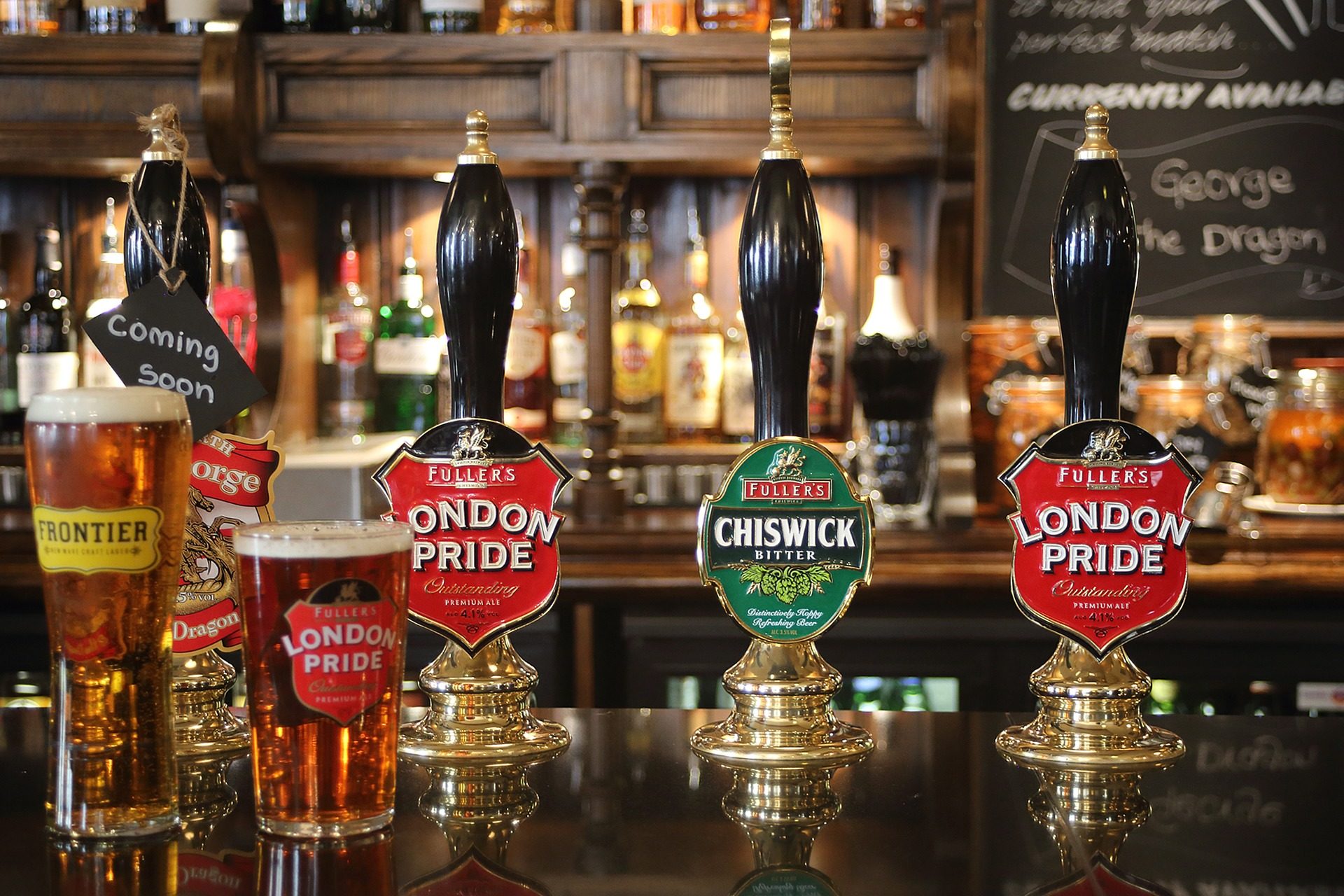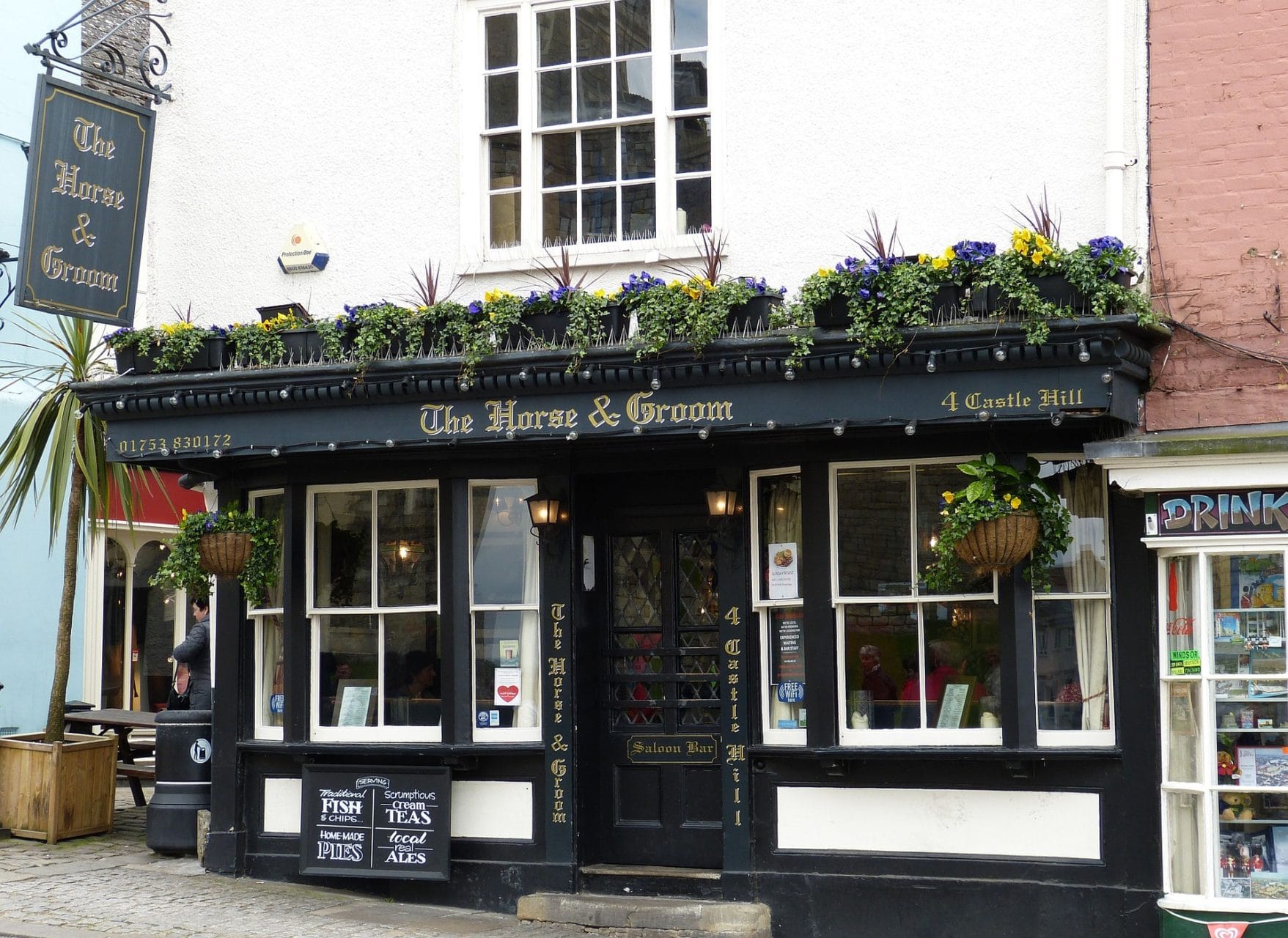
Following a national lockdown for Covid, England has moved into a tiered system of restrictions which came into force on December 2nd. The majority of England has moved into either Tier 2 or Tier 3, with only Cornwall, the Isle of Wight and the Isles of Scilly being in the lowest category of Tier 1.

Substantial Meal
Depending on which Tier you are in will depend whether or not pubs and restaurants are open. In Tier 1 pubs and restaurants can open pretty much as usual but in Tier 3 they are only permitted to offer a takeaway service. But it is Tier 2 that we are concerned with because it allows pubs to open and serve alcohol but only with a “substantial meal”. What constitutes a substantial meal has long been a bone of contention within the licensed trade in England.
Without getting too deep into the legalities of licensing law we do, however, need to go back to the Licensing act of 1964. In the granting of liquor licences to restaurants and guest houses it states that alcohol may only be consumed with a “table meal” and that the serving of alcohol is subsidiary to the meal.
In a legal case in 1965, it was determined by the then Lord Chief Justice that a “substantial sandwich” served with pickles and beetroot was a “table meal” and not just a “bar snack”. The age at which you can legally drink alcohol in England is 18 years but there was an exception to allow 16 and 17 year olds to drink certain alcohols alongside a “table meal”. At that time a table meal was defined as “might be expected to be served as the main midday or main evening meal, or as a main course at either such meal”.

Since then licensing law has moved forward considerably and it is generally not as restrictive as previously. The new Licensing Act which came into force in 2005 allowed pubs to pretty much choose their hours and, in theory, serve alcohol 24 hours a day. But as we have all seen during 2020 the licensed trade has been one of the biggest casualties of government restrictions and thousands of jobs have been lost and pubs have closed permanently.
As recently as this year a member of Parliament has stated that a Cornish Pasty does not constitute a substantial meal any more than a packet of crisps or a plate of chips. But if that pasty is served with a side order of, for example, chips and salad it has become a substantial meal. The law now appears to be relatively clear on what can be served but like anything it will be open to interpretation.
There are many pubs in England that do not normally serve food, certainly in the town centres where their clientele will tend to be younger. So how does the publican keep his business alive and offer food? How does he ensure that every customer orders something substantial to eat? And how much alcohol is permitted?
Firstly, it may be completely impractical for a pub to suddenly start offering food. Considerations such as kitchen space, refrigeration and hygiene laws spring to mind, along with staffing. Since the re-opening of pubs after the first national lockdown all bar service has to be table service and all customers must be seated. Previously where two decent bar staff could have run the bar you now need two extra staff members to be waiting on tables……and now food service.
Secondly, a group of four friends come in and only two want to eat. Do you turn all four away, or do you allow only two of them to drink alcohol? As a licensee you could take the decision that two people eating and four drinking is worth the risk of being caught. With regard to the risk of being caught flouting the rules I am not sure how this ludicrous system can be monitored effectively. Are the police going to inspect all licensed premises and check whether the customers are eating a substantial meal?
Finally, as previously stated the amount of alcohol consumed should be subsidiary to the meal being eaten. So ordering 10 pints of lager and a hamburger is not going to stand up! But we all know how insistent customers can be and the likelihood of conflict between customers and licensees is huge.
There is a further issue concerning how long someone can stay drinking alcohol after they have finished eating. In reality someone going to the pub on Saturday night is wanting to stay for the evening, some will go earlier and have dinner but then stay until closing time. Under the law that the government is implementing there is a grey area about continuing to drink after eating.
For me as a caterer and former licensee in England I cannot see the sense in the government’s decision to implement these rules. They are so open to abuse and misinterpretation that they are not actually practical. There will be many instances of licensees being accused of not respecting the legislation, whether it be their fault or the fault of customers, and it is always the licensee who will have to pay the fine.
Unfortunately this government has once again not thought through a new hurried legislation. In my opinion you either allow the service of alcohol or you don’t. If the decision is not to allow the sale of alcohol then the government needs to continue its financial support of the entire hospitality industry during these exceptional times.